
Menstrual or periods problems are among the most common reasons women seek help from a gynaecologist. They can affect quality of life at school, work, in relationships, and during exercise. “Period problems” is a wide and vague term that includes irregular cycles (too frequent or too far apart), missed periods (amenorrhoea), heavy menstrual bleeding, prolonged bleeding, spotting between periods, painful periods (dysmenorrhoea), and PMS/PMDD symptoms that disrupt daily routine. These issues can arise at any age—from the first period in adolescence to the transition through perimenopause—and may be caused by hormonal imbalance, thyroid or prolactin disorders, polycystic ovary syndrome (PCOS), fibroids, uterine polyps, adenomyosis, endometriosis, bleeding disorders, medication side effects, rapid weight change, or significant stress.
Treatment for menstrual problems is individualised, evidence-based, and designed to relieve symptoms while addressing underlying causes. Conservative measures may include lifestyle modifications and iron supplementation if anaemia is present. For heavy bleeding, first-line options include NSAIDs and tranexamic acid. Hormonal methods such as the combined oral contraceptive pill, progestogen-only methods, or the levonorgestrel intrauterine system (Mirena coil) are effective.
When structural causes like fibroids or polyps are detected, procedures such as hysteroscopic polypectomy, MyoSure tissue removal, or endometrial ablation may be recommended. For PCOS, treatment involves cycle regulation, hormonal therapy, and lifestyle support.
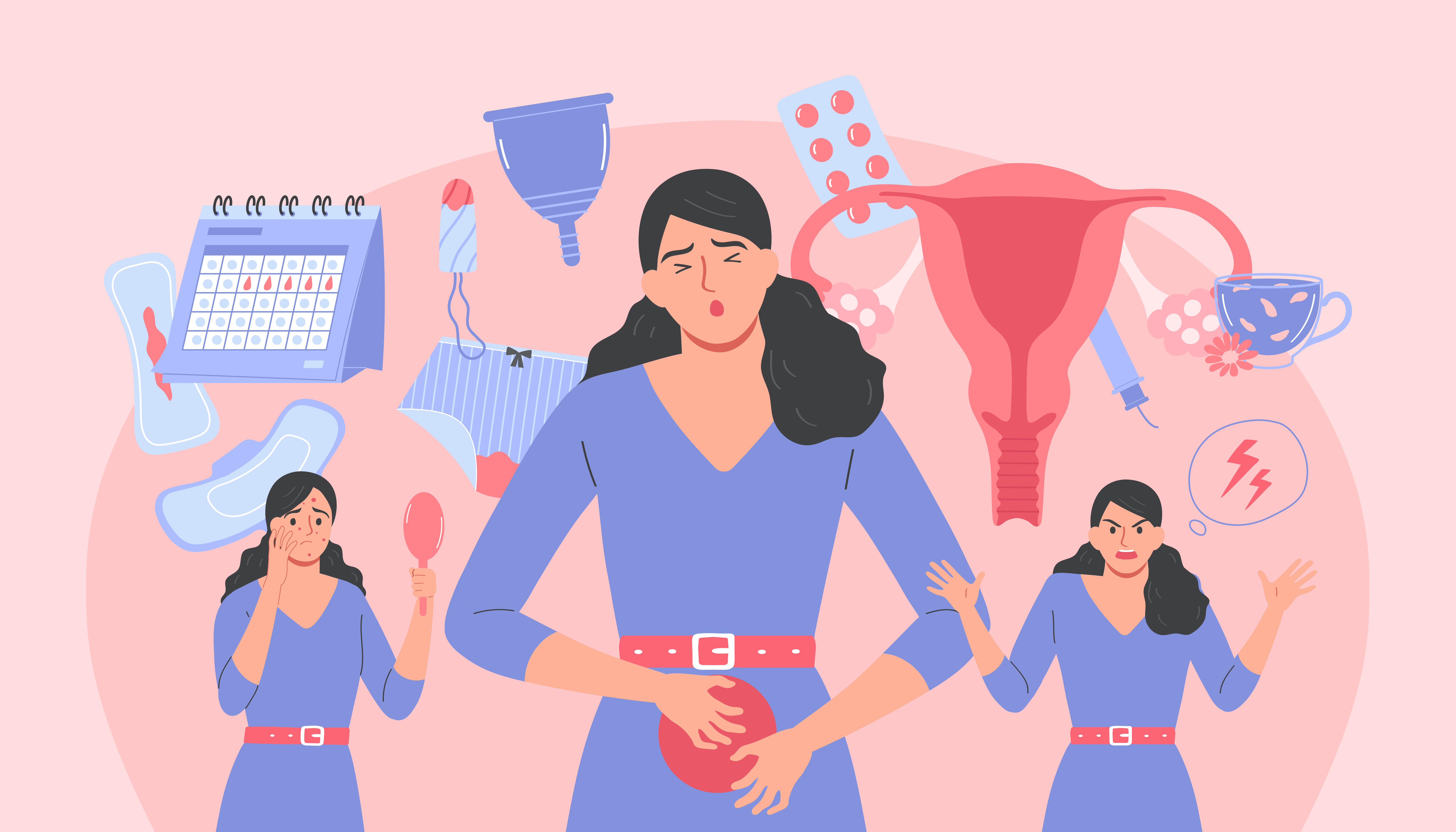
Painful periods, known as dysmenorrhoea, affect many women of all ages. While mild cramping is normal, severe pain that disrupts daily life may signal underlying problems. Symptoms often include pelvic cramping, backache, nausea, fatigue, or diarrhoea. Dysmenorrhoea can be primary (linked to natural prostaglandin hormone release) or secondary (caused by conditions such as endometriosis, adenomyosis, fibroids, or pelvic infections). Because severe pain can mask other health issues, evaluation is vital. Our clinic offers detailed history, ultrasound, and, where needed, diagnostic laparoscopy to find the root cause.
Treatment is based on severity and underlying causes. NSAIDs are effective for many women when started early in the cycle. Hormonal methods such as the combined pill, progestogen-only tablets, or the Mirena coil regulate hormones and ease pain. Investigations are carried out to diagnose underlying structural causes such as endometriosis, Adenomyosis and fibroids. Women feel heard, supported, and empowered to manage painful periods effectively.

Pelvic pain can be acute or chronic, presenting as sharp, cramping, or dull aches that interfere with daily life. Causes include endometriosis, adenomyosis, fibroids, ovarian cysts, pelvic inflammatory disease, adhesions from surgery, bowel or bladder disorders like IBS, and interstitial cystitis. Because multiple systems can contribute, accurate evaluation is essential. We use ultrasound, MRI, and where necessary laparoscopy to establish a clear diagnosis.
Treatment varies depending on the cause. Endometriosis or adenomyosis may require hormonal therapy or laparoscopic surgery. Infections are treated promptly with antibiotics. Fibroids or cysts may be managed with myomectomy, cyst removal, or hysterectomy. For chronic pelvic pain, we provide multidisciplinary support including pain management, physiotherapy, and lifestyle modifications. Our aim is to reduce symptoms, restore fertility where needed, and improve quality of life while addressing both physical and emotional aspects of pain.
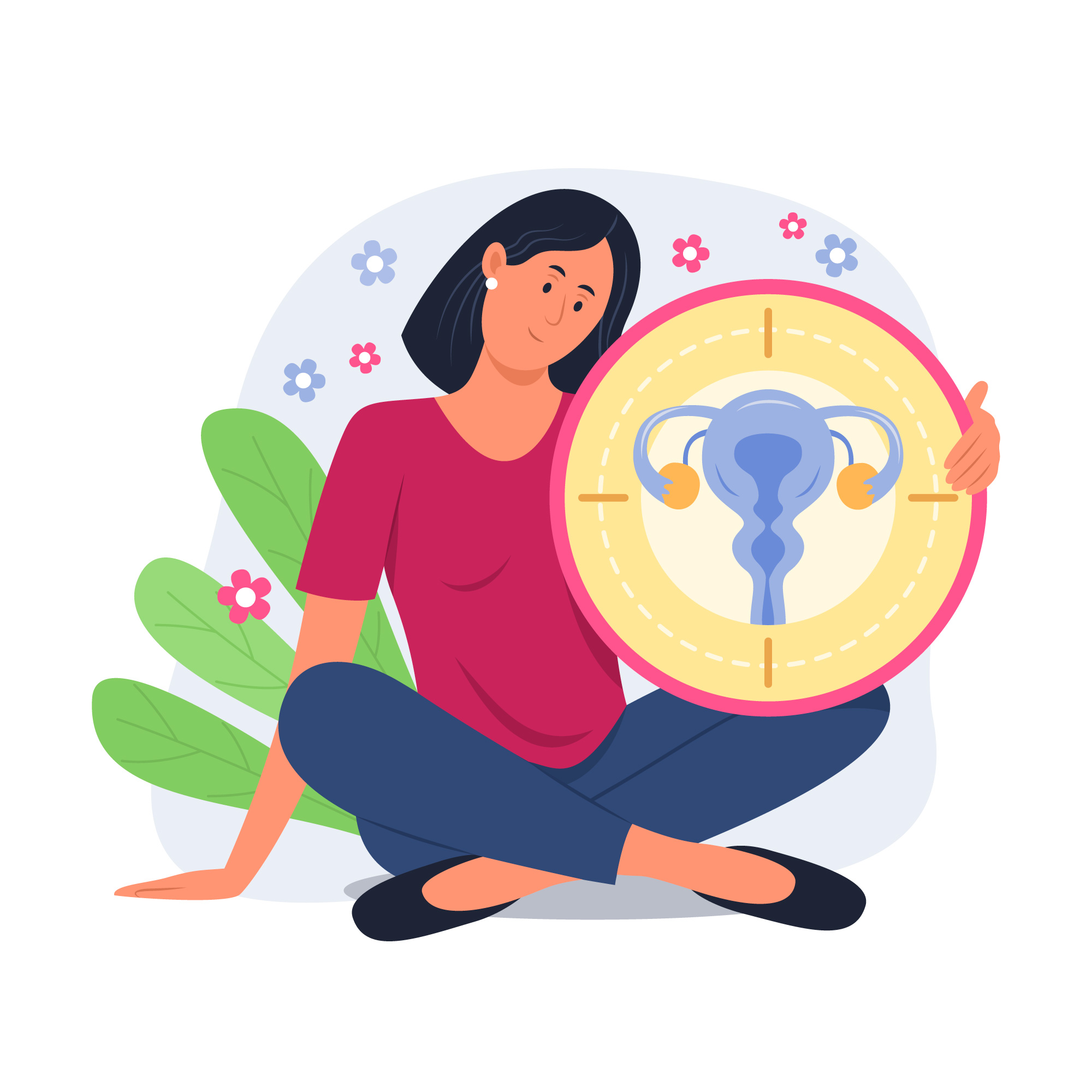
Polycystic Ovary Syndrome (PCOS) is a common hormonal disorder marked by irregular cycles, excess androgens (causing acne or hair growth), and multiple follicles. Linked to insulin resistance, PCOS may lead to weight gain, abnormal hair growth, diabetes, and fertility problems. Women may also experience mood changes, stress, and low confidence. Diagnosis involves appropriate history, hormone blood tests, and ultrasound scanning of the ovaries. Screening for diabetes and cholesterol is also important to prevent complications.
Treatment is tailored to symptoms and goals. Lifestyle management, particularly weight loss through diet and exercise, is key in improving hormonal balance. Hormonal contraceptives regulate cycles and may improve skin and hair symptoms. Long-term monitoring for diabetes and heart health is part of ongoing care. We offer the investigations, treatment options and appropriate support in this journey.
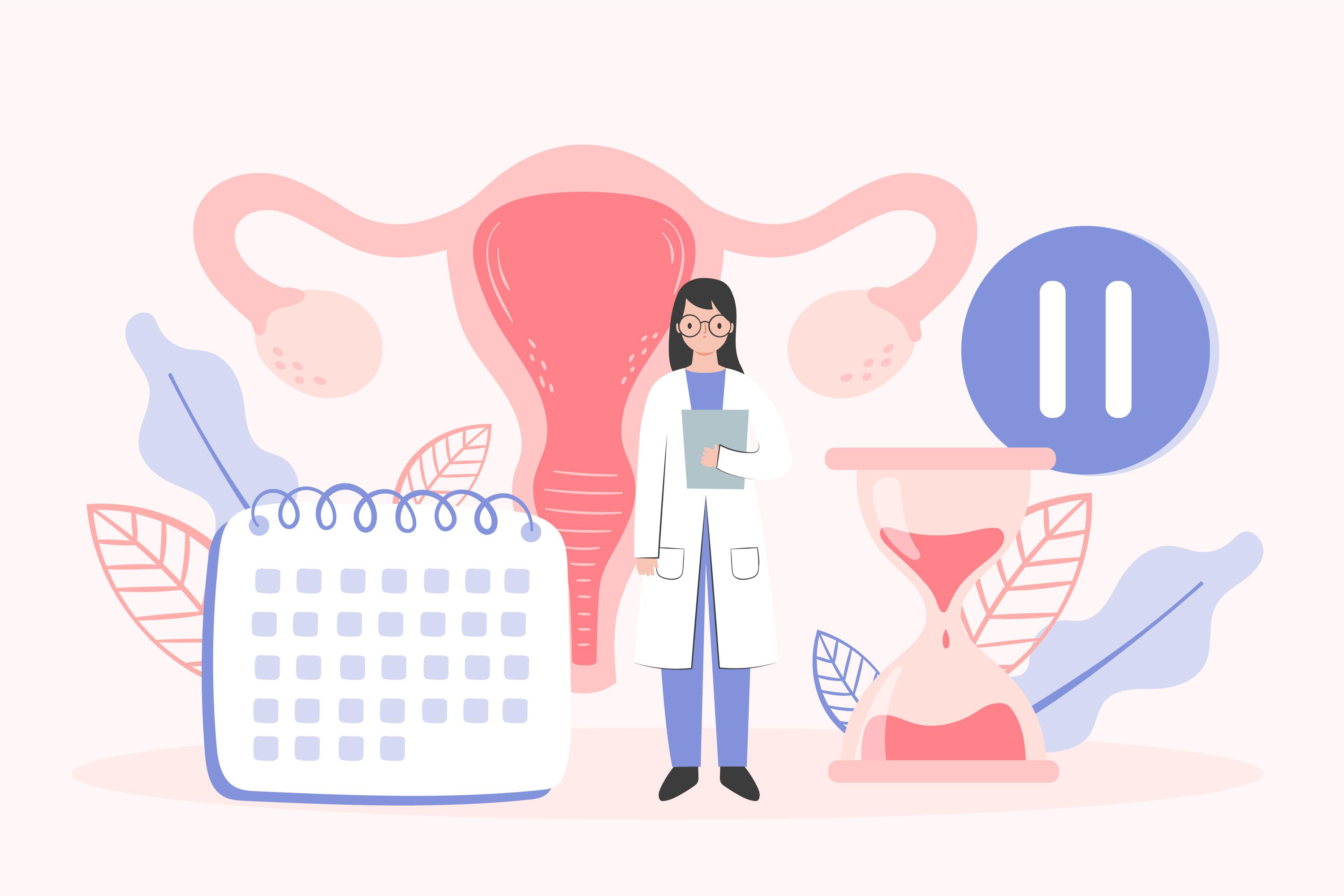
Premenstrual Syndrome (PMS) causes physical and emotional symptoms like bloating, mood swings, headaches, and fatigue before menstruation. Premenstrual Dysphoric Disorder (PMDD) is a severe form involving extreme mood disturbance, anxiety, or depression. Symptoms are linked to hormone fluctuations and serotonin sensitivity, often worsened by stress, poor sleep, or diet. Because PMS and PMDD can mimic depression or thyroid disorders, careful diagnosis with symptom diaries is essential.
Management focuses on lifestyle and medical options. Regular exercise, stress control, and improved diet may reduce symptoms. Hormonal treatments such as the combined pill stabilise cycles. For PMS and PMDD, SSRIs (antidepressants) are used and can be taken throughout the month or only during the premenstrual phase. Progestogen methods or the Mirena coil may also help.

Recurrent miscarriage is defined as two or more consecutive pregnancy losses. Causes include chromosomal abnormalities, hormonal imbalances (thyroid or progesterone issues), clotting disorders like antiphospholipid syndrome, uterine abnormalities, infections, or lifestyle factors. Investigations include blood tests, ultrasound, hysteroscopy, and sometimes genetic testing. We aim to provide both clarity and emotional support, helping couples understand their options and reduce anxiety. Majority times, the reason is not identified, considered as idiopathic.
Treatment depends on the cause. Hormonal problems are managed with medication, clotting disorders with aspirin and heparin, and uterine abnormalities with surgery. Lifestyle modifications and emotional counseling are also offered. Many women with recurrent miscarriages go on to have successful pregnancies. A tender loving care, close monitoring, appropriate support and reassurance help to achieve a healthy outcome.
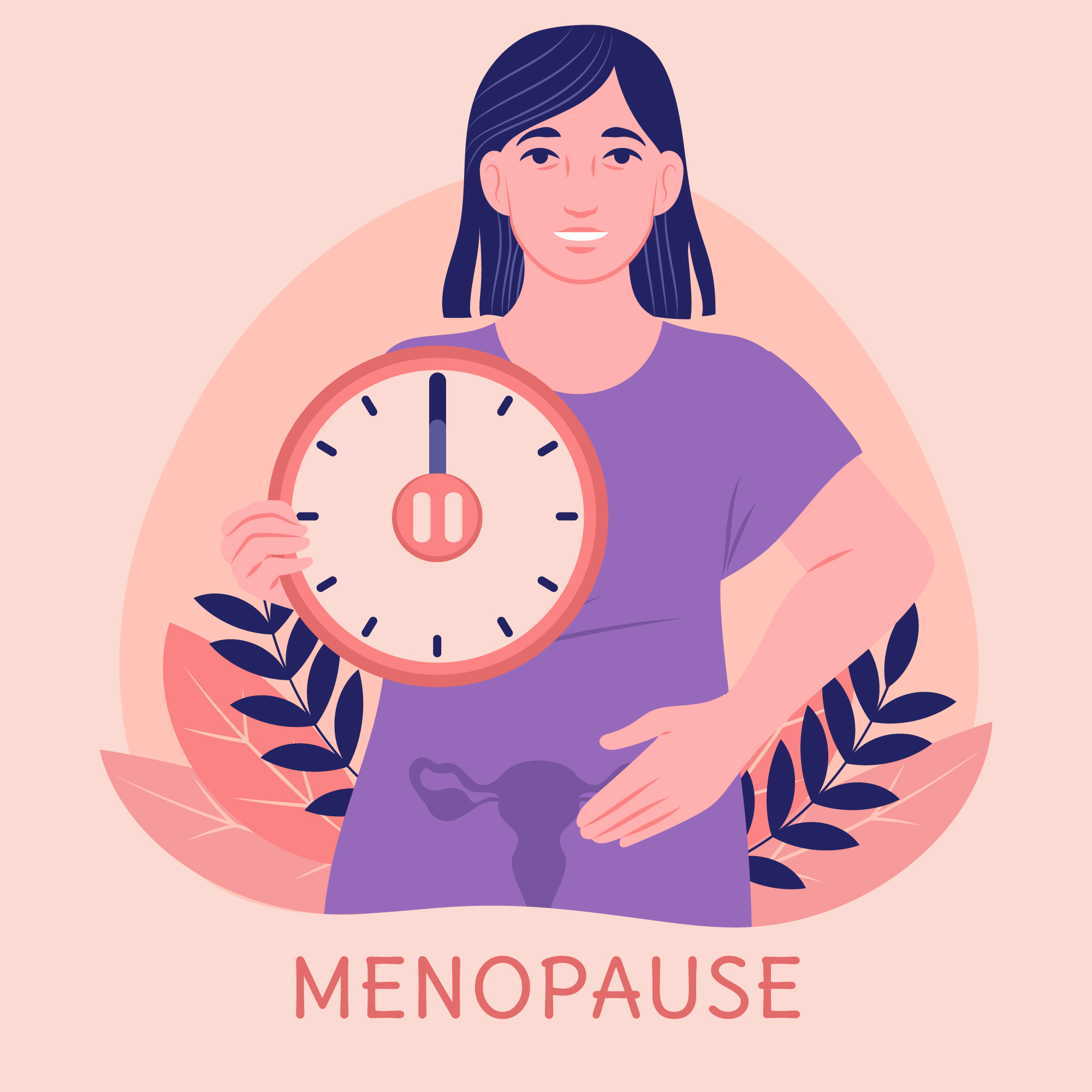
Menopause marks the end of periods, usually ranges from 45-55 years. Perimenopause is the transitional phase with fluctuating hormones. Symptoms include hot flushes, irregular cycles, sleep problems, mood swings, fatigue, vaginal dryness, and reduced libido. Longer-term risks include osteoporosis and cardiovascular disease. We provide a safe space to discuss symptoms, assess hormone levels, and review lifestyle factors. We help women make informed choices about managing this life stage.
Treatment often involves Hormone Replacement Therapy (HRT), available as tablets, patches, gels, or vaginal treatments. HRT relieves hot flushes, improves mood, and protects bone health. For women unable to take HRT, non-hormonal medicines and lifestyle changes may help. Vaginal oestrogen creams improve intimacy and bladder health. Our holistic approach ensures women feel supported physically and emotionally through menopause.
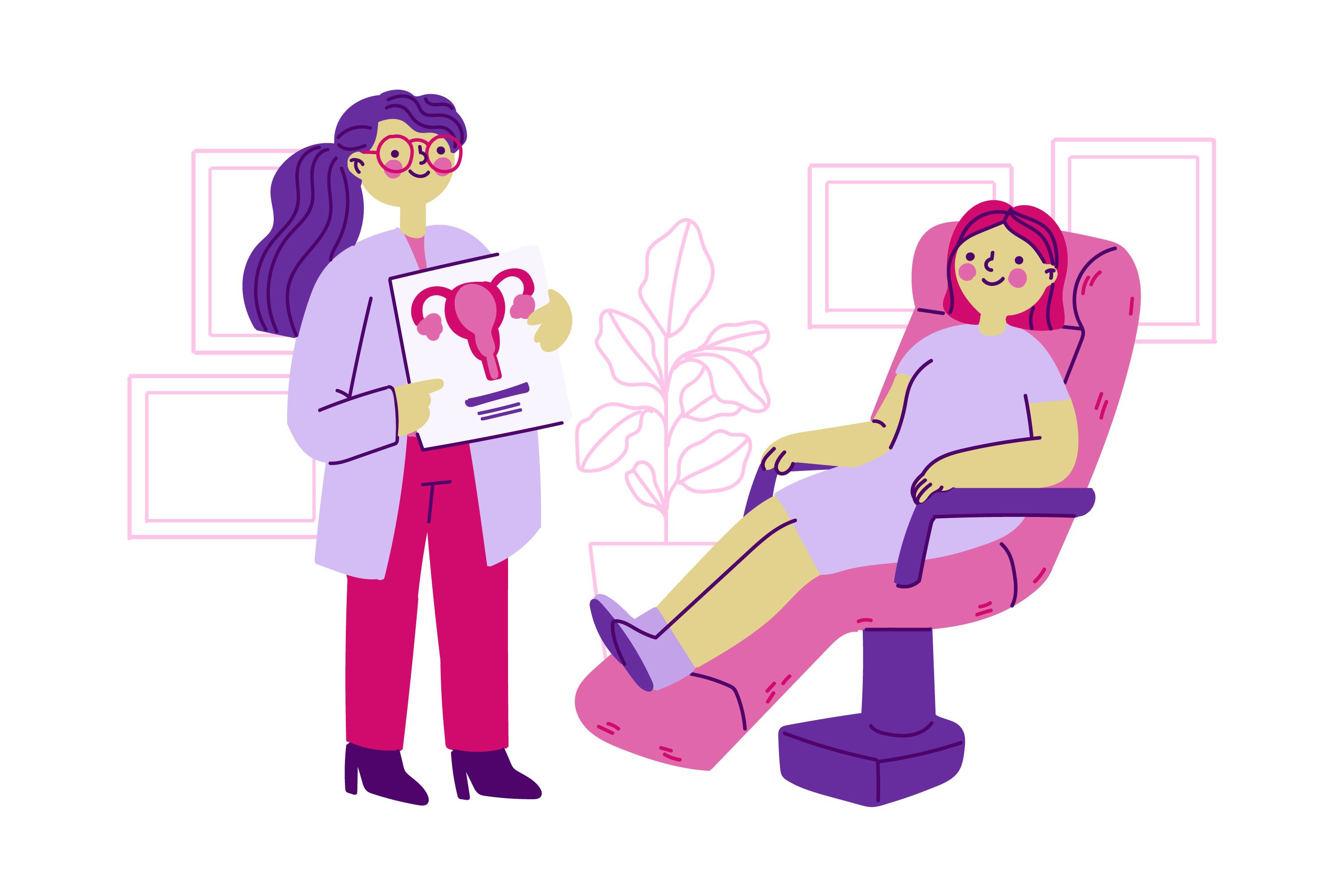
General gynaecology consultations address a broad range of issues including irregular bleeding, pelvic pain, vaginal discharge, infections, contraception, fertility concerns, and sexual health. Women also attend for routine cervical screening or reassurance checks. Our clinic provides a safe, confidential, and supportive environment where women can discuss concerns openly. We use diagnostic tools like blood tests, swabs, ultrasound, or hysteroscopy to identify problems early and create tailored care plans.
Consultations are personalised by life stage—young women may need contraception advice, midlife women perimenopause support, and older women vulval skin conditions. We integrate medical care with lifestyle advice on diet, exercise, and mental wellbeing. If complex conditions like fibroids or endometriosis are suspected, we arrange specialist treatments. Our holistic, preventive approach empowers women to manage their health proactively and feel confident at every stage of life.
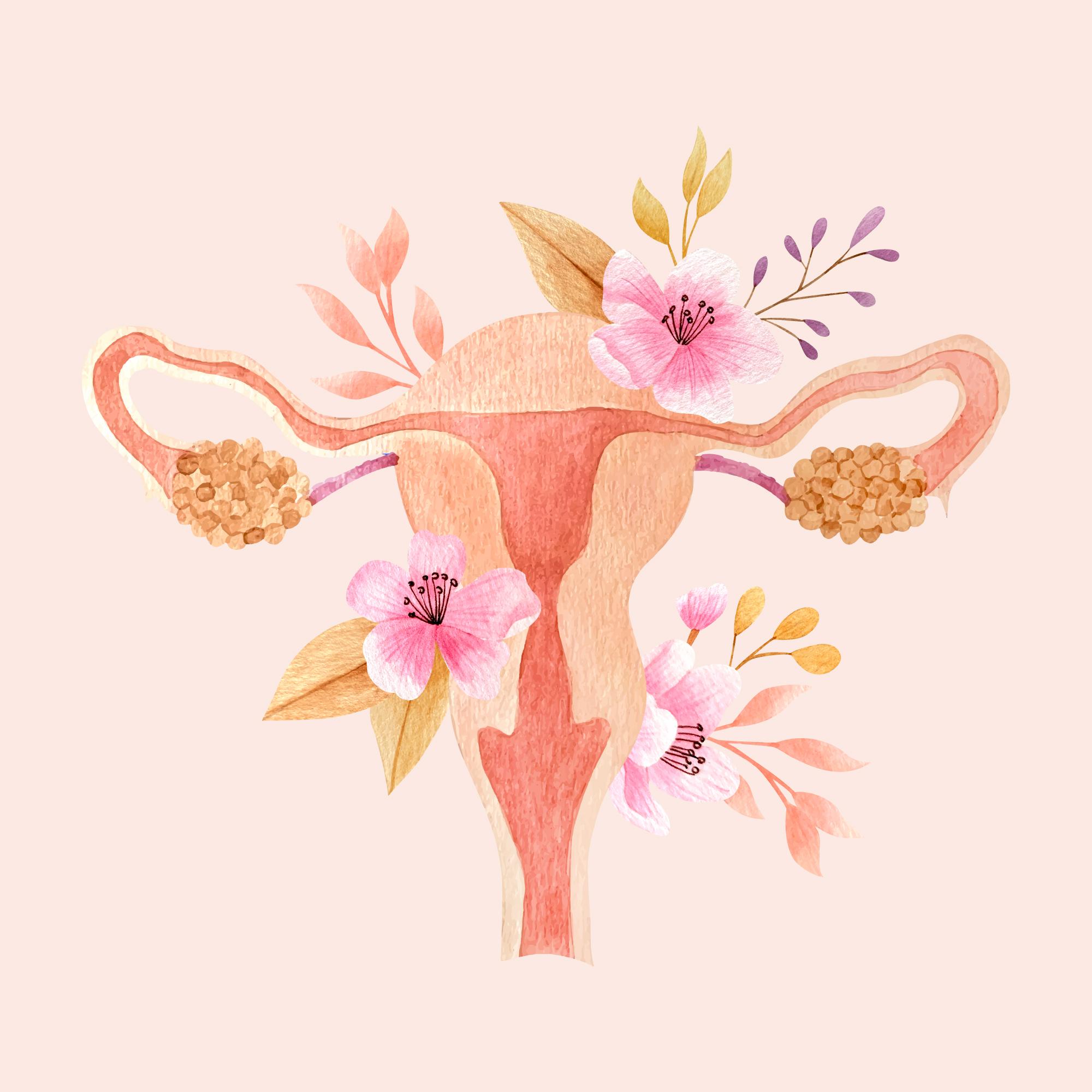
Fibroids (uterine leiomyomas) are non-cancerous growths that can cause heavy bleeding, pelvic pain, bloating, and fertility issues. They vary in size and location—submucosal fibroids affect the womb lining, intramural fibroids grow within the muscle wall, and subserosal fibroids project outward. Causes include hormonal influences, especially oestrogen and progesterone. Diagnosis is through ultrasound, MRI, or hysteroscopy. Many women live symptom-free, but others need medical or surgical support to improve quality of life.
Treatment ranges from monitoring small fibroids to medical therapy with hormonal methods such as the pill or Mirena coil. Minimally invasive procedures include hysteroscopic removal, MyoSure, or myomectomy. Uterine artery embolisation may shrink fibroids by cutting off their blood supply. For women not planning more pregnancies and with severe symptoms, hysterectomy may be recommended. We provide supportive, patient-centred care to restore wellbeing and help women regain confidence in their health.

Endometriosis occurs when lining of the womb grows outside the uterus, on the ovaries, tubes, bladder, or bowel. This tissue responds to hormones, bleeding monthly, but has no outlet, causing inflammation, scarring, and adhesions. It can cause severe period pain, pelvic pain, painful sex, bowel/bladder issues, heavy bleeding, and fertility problems. Diagnosis often requires laparoscopy. Many women experience years of delay before diagnosis, but we priotorise early recognition and intervention.
Treatment includes hormonal therapies (pill, progestogens, Mirena coil) and laparoscopic surgery.